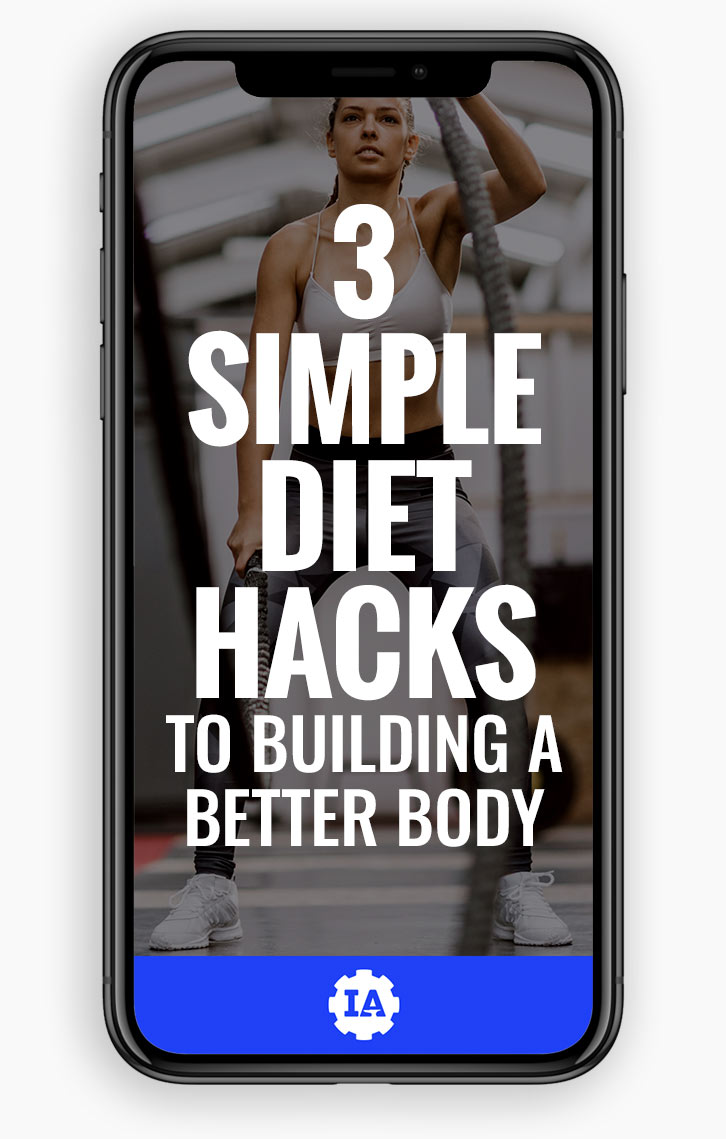Podcast: Play in new window | Download | Embed
Relaxing vs. Escaping
Let’s start with this illustration: The summer rolls around and you have a beach vacation coming up next week. You are getting ready for the beach, you leave, you spend your week there, and you come home. Simple picture right? However, depending on what you actually do, and how you feel leading up to, during, and after this vacation, you may be relaxing or escaping from your real life.
Why Does It Matter?
In the long run, we want to make sure we are “relaxing.” We don’t want to be “escaping.” In their most basic form, the difference between the two comes down to your intention. If you intend to take a vacation in order to recharge your mind and body so that you can come back to your regular life bigger, faster, and stronger, than you are relaxing. If your intent is to get away from your regular life because you can’t handle it any longer, so you can deal with it better, then you are escaping. Relaxing helps us live more toward our purpose and provides us the energy to work toward our goals. Escaping helps us mindlessly turn off our brain, so that we when we have to return to our regular life, it seems more bearable.
Stress is a natural part of life. Unless you are some guru living in the mountains with no financial or family obligations, there is almost a guarantee that something is going to cause you stress. The ultimate goal is to remove ourselves from the stress so that we can recharge. Too much stress will start to make you feel tired, unfocused, irritable, maybe constantly hungry. Overtime, too much stress has been shown to lead to chronic illness like heart disease. Learning to relax will help to fight that stress. Escaping it doesn’t really fight stress, it just pushes it away for a period of time.
Everyone Escapes, a Little Bit
Regardless of how reflective you are, regardless of how in tune you are with your life, you are partaking in escapism somewhere. We all do it. When we limit it to 30 minutes of social media in the middle of the day, it’s not a big deal. When we allow it to dictate our life, like spending all weekend neglecting responsibilities in order to play video games, it is time to look at the bigger picture.
The hard part about dealing with escapism is that it is going to require some major self-reflection. It may also show us a need for some major life changes. Let’s go back to the illustration we started with:
Escaping
Let’s assume you are in the week leading up to your vacation. Every day just seems to drag on and on. You are becoming more and more irritable. You just want to leave Saturday morning so you can avoid thinking about work for a week. While on vacation, you become aggravated because someone from the office tries to get a hold of you. Then, you feel down and depressed the following weekend because you have to leave vacation and go back to work tomorrow.
If this describes you, then you are using your vacation as escapism. You need to look at your life to determine what you are escaping from. Maybe it is your job. Have you defined your purpose? Do you have set goals? Does your job align with your purpose? If not, that’s probably the cause your stress and some big decisions need to be made. Maybe you need to take some time to look at your purpose. That might lead to a change of career. Those are big steps in life.
Relaxing
During the week leading up to your vacation, you are excited to leave, but also busy making sure everything is in place. You don’t want to worry about anything while you are gone. When you leave on Saturday, you are building in anticipation, but also know that you are kind of going to miss your regular life. While at the beach, you spend time learning new things, reading books, and letting your mind wonder a bit. When someone calls from the office, you are excited to hear from them. You briefly deal with any issues, then go back to your vacation without being annoyed. By the end of vacation, you are bummed that it is over, but also super excited to get back to your regular life.
If this describes you, then you are using your vacation as relaxation. You are getting away to recharge. You use your time away to create separation from daily distractions so that you mind can wonder. You give it space to come up with new ideas. You have a clear purpose and that purpose drives what you do. When you return from vacation, you are excited to get back to living for your purpose and pushing to accomplish your goals.
What Now?
Look at your daily habits. First, are you putting time in your day to separate from work or other daily duties (like raising kids)? If you are, great! Now, look hard at why you are setting aside that time. You want the intent to relax. You want to feel like you are taking time to recharge. If you have taken the time to self-reflect, and you think you are utilizing escapism, and not relaxation, the good news is that it is never too late to make changes. As we’ve said before, relaxation doesn’t need to be some big grandiose gesture. It is as simple as taking a walk at noon every day while listening to classical music. It is the intent behind the gesture that matters. Are you trying to recharge? Or, are you trying to avoid?




